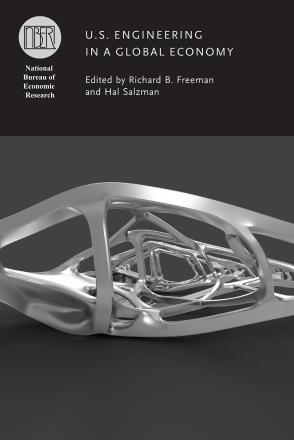Bridge to Permanent Immigration or Temporary Labor? The H-1B Visa Program Is a Source of Both

The H-1B visa is a large scale guest worker program that grants high-skilled foreigners temporary work authorization in the United States. It is an employer-driven program, meaning that an employer must sponsor the H-1B visa for the worker. Further, employers have the discretion to sponsor an H-1B worker for lawful permanent residence. Many policymakers have highlighted sponsorship for permanent residence as a key feature of the H-1B program because it has become a significant source of employment-based permanent immigration for high-skilled foreigners. The paper examines sponsorship for permanent residence by the top H-1B employers, which have received a large share of the visas in recent years. Clear patterns emerge from the data, with some firms sponsoring large shares of H-1B workers for permanent residence, whereas, other firms sponsor few or none of its H-1B workers. Those firms with high rates of permanent resident sponsorship tend to make products, while firms sponsoring at low rates employ an offshore outsourcing business model. Other important patterns emerge. Offshore outsourcing firms tend to pay H-1B workers significantly lower wages, their H-1B workers have lower educational attainment, and the H-1B workers mostly come from one country, India.
-
-
Copy CitationRon Hira, US Engineering in a Global Economy (University of Chicago Press, 2018), chap. 9, https://www.nber.org/books-and-chapters/us-engineering-global-economy/bridge-permanent-immigration-or-temporary-labor-h-1b-visa-program-source-both.Download Citation


